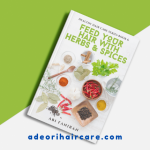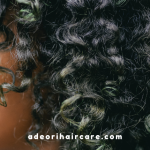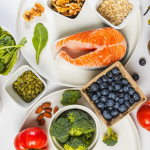Can your diet be causing hair loss? Are you noticing excessive shedding, slow hair growth, or thinning strands?
While genetics and stress play a role in hair health, nutritional deficiencies are among the biggest yet most overlooked causes of hair loss.
Your hair needs essential vitamins, minerals, and proteins to grow strong and healthy.
When your body lacks these nutrients, hair follicles weaken, increasing shedding, breakage, and slow growth. In this article, we’ll be exploring:-
- The top nutritional deficiencies linked to hair loss.
- How each nutrient supports healthy hair growth.
- The best foods to nourish your scalp and strands.
- How to kickstart hair regrowth naturally.
If you want stronger, fuller hair, it starts from within.
For a full breakdown of nutrient-rich meal plans, supplement recommendations, and proven hair regrowth strategies, grab a copy of The Ultimate Hair Growth Guide!
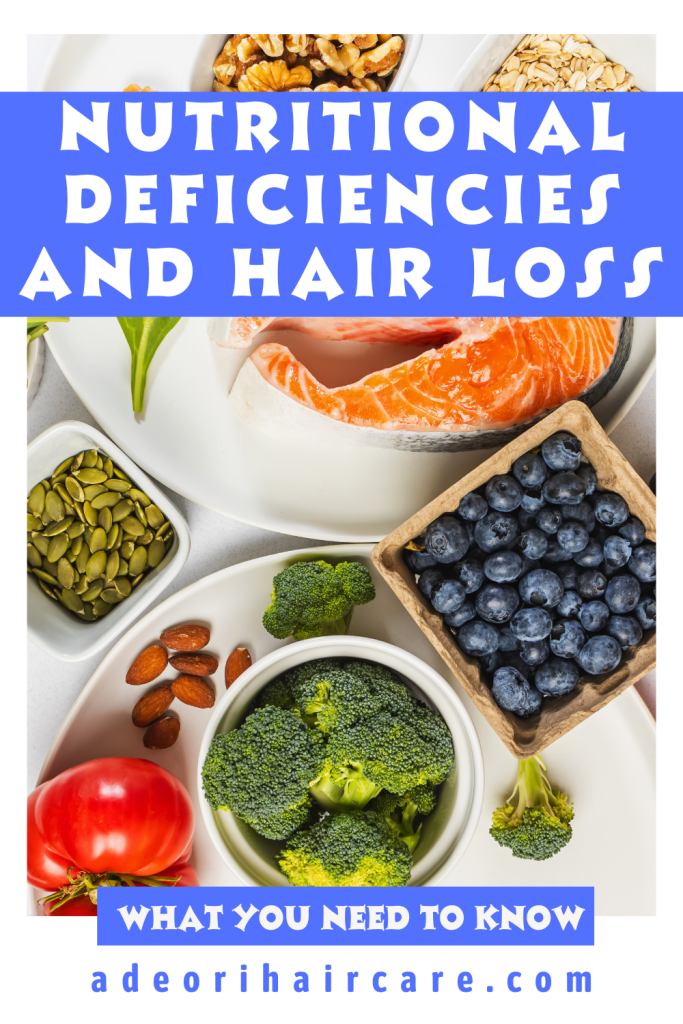
6 Most Common Nutritional Deficiencies Linked to Hair Loss
1. Iron Deficiency (Anemia) and Hair Shedding
Iron is responsible for oxygen transport to hair follicles. Without enough iron, hair strands weaken and fall out faster due to insufficient nourishment.
Common signs of iron deficiency hair loss include:-
- Excessive shedding, especially at the crown.
- Brittle, dry hair that breaks easily.
- Feeling fatigued or lightheaded.
Best Iron-Rich Foods for Hair Growth
- Spinach, lentils and tofu.
- Lean red meat and eggs.
- Pumpkin seeds and quinoa.
Note – If you suspect iron deficiency anemia, get tested before taking iron supplements. Too much iron can be harmful.
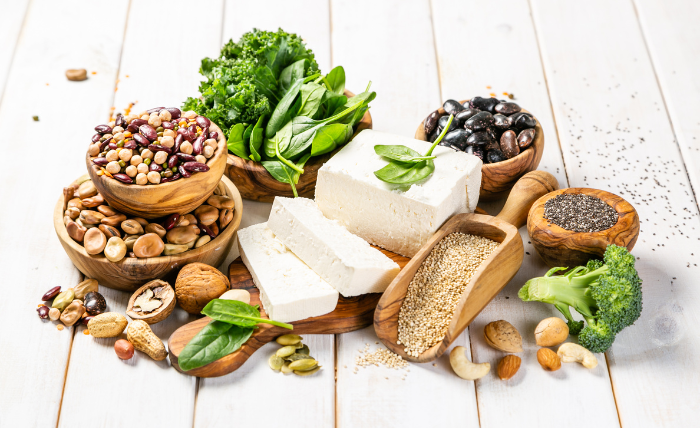
2. Vitamin D Deficiency and Thinning Hair
Vitamin D is crucial in stimulating hair follicle activity and growth cycles. Low levels have been linked to increased hair thinning and bald patches. Common signs of vitamin D deficiency include:-
- Increased shedding and slow regrowth.
- Weak, thinning hair that lacks density.
- Fatigue, weak bones, or muscle pain.
Best Sources of Vitamin D
- Exposure to sunlight for fifteen to twenty minutes per day.
- Fatty fish such as salmon and sardines.
- Egg yolks and fortified dairy.
Note – If you don’t get enough sun, consider taking Vitamin D3 supplements (1,000 IU/day) for better absorption.
Your physician should be able to prescribe the best supplements for you.
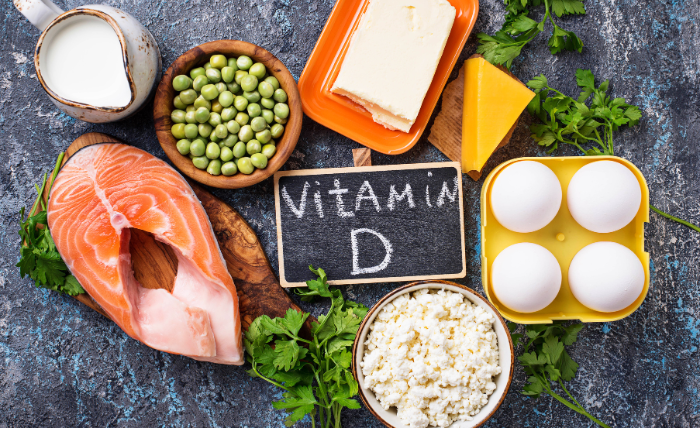
3. Biotin Deficiency and Brittle Hair
Biotin, aka vitamin B7, helps strengthen keratin, the protein that makes up hair strands.
It also enhances hair elasticity and resistance to breakage. Common signs of biotin deficiency include:-
- Brittle, weak hair that breaks easily.
- Hair thinning at the crown.
- Dry, flaky scalp.
Best Sources of Biotin-Rich Foods for Hair Growth
- Eggs, almonds, and walnuts.
- Sweet potatoes, avocado, and spinach.
- Salmon and sardines.
Note – most people get enough biotin from food, and you don’t need supplements unless you have an absorption issue.
4. Zinc Deficiency and Hair Thinning
Zinc supports hair tissue repair, scalp health, and oil production. Deficiency can lead to excessive shedding, dandruff, and scalp irritation. Common signs of zinc deficiency include:-
- Increased shedding and slower hair growth.
- Dry, flaky scalp.
- Weak immune system and slow wound healing.
Best Sources of Zinc-Rich Foods for Hair Growth
- Oysters, shrimp, and red meat.
- Pumpkin seeds, chickpeas, and cashews.
- Whole grains and dairy products.
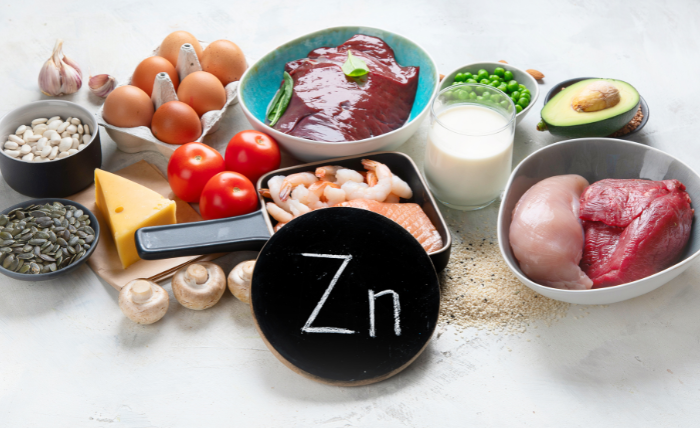
5. Protein Deficiency and Hair Weakness
Since hair is made up of keratin, a structural protein, a lack of protein in your diet leads to weak, fragile strands that break easily. Common signs of protein deficiency include:-
- Limp, lifeless hair that won’t grow long.
- Increased breakage and thinning.
- Slow hair growth.
Best Protein Sources for Hair Growth
- Chicken, turkey, and lean beef.
- Fish, eggs, and Greek yogurt.
- Lentils, chickpeas and quinoa.
Note – If you follow a vegetarian or vegan diet, you must consume various plant-based proteins to meet your hair’s needs.
6. Omega-3 Fatty Acids and Scalp Health
Omega-3s reduce inflammation, improve hair elasticity, and promote scalp hydration.
A deficiency can result in a dry, itchy scalp and increased shedding. Common signs of omega-3 deficiency includes:-
- Dry, flaky, and irritated scalp.
- Hair that lacks shine and moisture.
- Increased hair shedding.
Best Omega-3 Sources for Hair Growth
- Fatty fish like salmon, sardines, and mackerel.
- Chia seeds, flaxseeds, and walnuts.
- Seaweed and hemp seeds.
Changing your diet is the first step if you’ve been struggling with hair loss. For over 20 powerful techniques for solving hair growth problems, check out Healthy Hair Care Series 2. The Ultimate Hair Growth Guide is your roadmap to:-
- Understanding exactly which nutrients your hair needs.
- Creating a hair-boosting meal plan that works.
- How to use food and supplements to regrow stronger, thicker hair naturally.
- Avoid common hair care mistakes that cause shedding, breakage, etc.
Learn more and order a copy of The Ultimate Hair Growth Guide: Recover from Hair Loss, Bald Spots & Thinning Hair HERE.
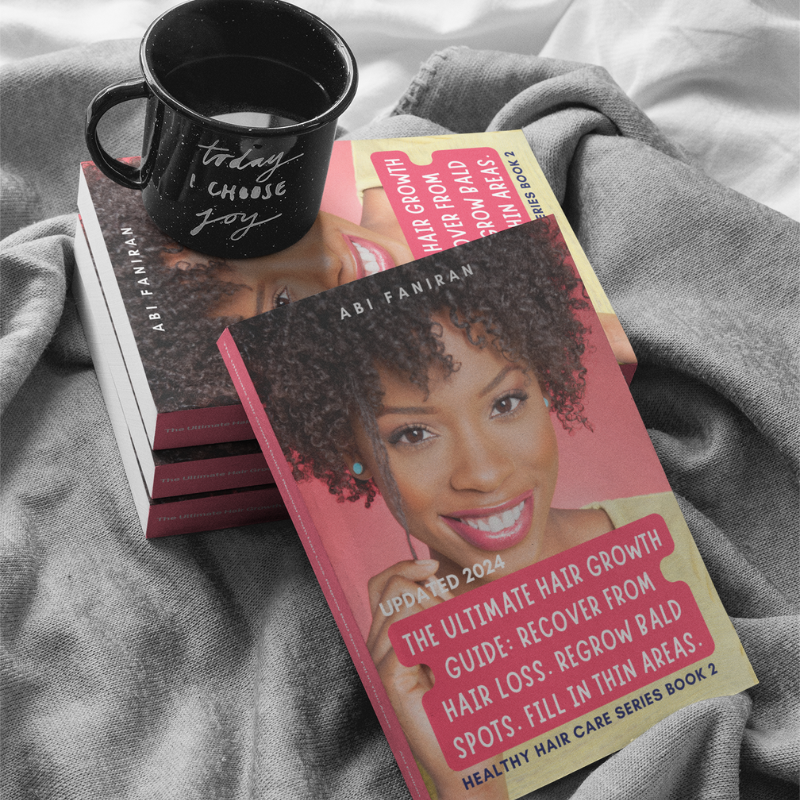
If you’re changing your diet, supplements, and hair care routine, tracking your progress helps you identify what’s working and needs adjustment.
With the Curls, Coils & Kinks Journal and Planner, you can:-
- Log your hair growth progress and shedding patterns.
- Track which nutrients and foods improve your hair health.
- Keep notes on supplements, hydration, and hair thickness.
Nourish Your Hair from the Inside Out
- Your diet directly affects your hair health.
- Iron, vitamin D, biotin, and protein are key nutrients for hair growth.
- The right nutrition plan can help prevent hair thinning and breakage.
Always check with your doctor before taking any supplements for hair health.
References
- The Role of Vitamins and Minerals in Hair Loss: A Review, 2019 Dermatology and Therapy.
- The Diagnosis and Treatment of Iron Deficiency and Its Potential Relationship to Hair Loss, 2006, Journal of the American Academy of Dermatology
- Does D Matter? The Role of Vitamin D in Hair Disorders and Hair Follicle Cycling, 2010, Dermatology Online Journal
- A Review of the Use of Biotin for Hair Loss, Skin Appendage Disorders, 2017, Pubmed
Abi is the founder behind Ade Ori Hair Care and the Healthy Natural Hair Products ecosystem, a platform trusted by women seeking clean, effective solutions for textured hair. With over 10 years of hands-on experience, she combines research-backed insight, ingredient transparency, and natural formulations to help women nourish their curls from the inside out. She’s passionate about empowering women through DIY tools, holistic hair education, and a community-first approach. Learn more here.


